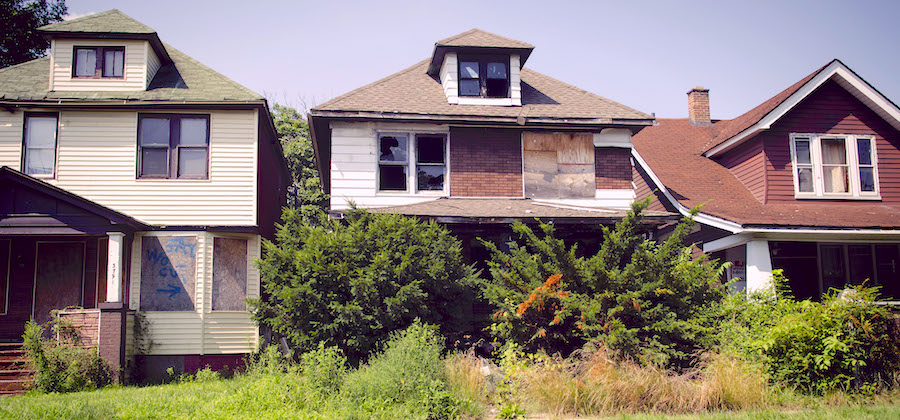
Revitalization, gentrification, and displacement are now a mainstay in the heated national conversation about housing. For many years urban renewal and revival were sold as cure-alls for improving economically vulnerable neighborhoods in big cities from New York to Oakland. Unfortunately, the effort to bring new life to these areas was more successful than anyone predicted. In fact, it was so successful that it began to drive low and middle-income residents out of their homes as property values and the desirability of each neighborhood grew. And in the process revitalization went from a hopeful phrase to a coded word for displacement of minority and low-income residents.
This process started in the early 1990s in some high cost of living areas like San Francisco and Seattle and has substantially ramped up during the current real estate boom. Much of the issues arise from the Gen-X and millennial preference for smaller homes and their desire to have immediate access to urban life rather than schlepping in from the suburbs. As these young people flock to urban areas, existing residents are unable to keep up with rising rents, property taxes, and the general increase in expenses as their neighborhoods gentrify.
A silver lining
It is clear that gentrification is negatively affecting many Americans, with those most affected coming from low-income and minority groups. Some critics make no distinction between unmanaged market-driven gentrification, and the revitalization efforts happening in cities across the country. These revitalization efforts are having real, positive effects in some rust-belt states which are seeing incredible turnarounds, at least partially as a result of real estate revitalization.
Detroit as a model?
Detroit was, and continues to be, the poster-child for urban decay in America. The hollowing out of the American manufacturing base led to a situation where middle and upper-middle class residents fled to the suburbs, taking their tax dollars with them. Left behind were the poorest, many of whom came from minority communities. The city lurched from year to year in a state of disrepair until a few years after the 2008 financial crisis.
Over the past decade, real estate investors have helped develop millions of square feet of prime real estate in downtown Detroit. Areas that were once in significant decline, bordering on a demilitarized zone, became livable once again- and property values and the city’s economic picture rose with the real estate sector.
The housing market in Detroit is incredibly large and complex, and there are success stories as well as the emergence of some of the more common issues with gentrification and displacement. Many of the people on the ground working to protect residents from the deleterious effects work in partnerships with local governments, nonprofits- and developers.
Riding the wave
Spider-Man once said, “With great power, comes great responsibility.” This truism can be applied to how we approach housing issues such as sustainability and affordability. When local stakeholders are not heeded, projects can have disastrous consequences- both from an investor and resident perspective. Many grassroots movements have sprung up across the country as a response to development growth, and what some locals see as the destruction of their communities.
As developers and investors, we have a surefire way to avoid conflict with locals- and that is to build to benefit the community, rather than just to make a buck. Everyone has to eat, and there is nothing wrong with an honest buck- but finding the intersection between community-minded morals and market forces will help each party benefit- the developer, investors, and residents.
_
Revitalization does not have to be a dirty word. In fact, it can be a net positive for all parties when implemented correctly. Many cities and states throughout the country are taking steps to mitigate some of the worst problems arising from gentrification- and insightful investors have the chance to be on the ground floor of an entirely new development model- one where community and business interests are aligned, rather than at odds.
Image by Eve Picker
